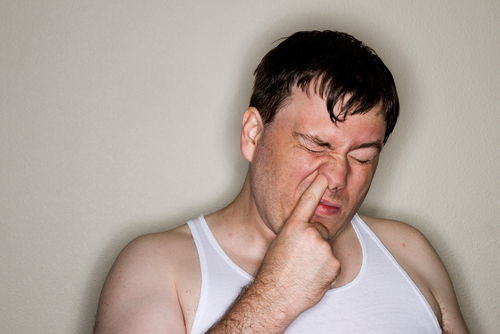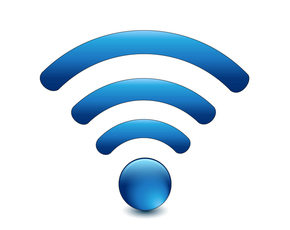Short answer
Eating boogers is generally not harmful to your health, but it's not exactly a healthy habit either. While it's unlikely to cause any serious issues, there are potential short- and long-term side effects to consider.
Long answer
There's no denying that people have some peculiar habits, and one of them is eating boogers. This habit, medically known as mucophagy, may raise some eyebrows, but is it truly bad for your health? In this article, we will delve into the potential side effects and benefits of eating boogers and discuss healthier alternatives for those looking to break the habit.
Before we dive into the effects of eating boogers, it's essential to understand what they are and how they are formed. Boogers are dried or congealed mucus that forms in the nose. Mucus is produced by the body to trap dirt, bacteria, and other foreign particles that may enter the nasal passages. The presence of boogers is a natural result of the body's defense mechanisms.
While eating boogers is not considered a healthy habit, it's unlikely to cause any serious health issues. However, there are potential short- and long-term side effects to consider, such as the transmission of germs, social stigma, and increased risk of respiratory infections. While there may be some speculative benefits related to immune system training, it's important to note that more research is needed to confirm these claims.
Instead of eating boogers, consider adopting healthier alternatives like using saline nasal spray, practicing good hygiene, and staying hydrated to keep your nasal passages clean and free of excess mucus. If you find it challenging to break the habit, seeking professional help or joining a support group can provide valuable guidance and encouragement. By making an effort to replace this habit with healthier options, you can safeguard your overall health and well-being.
Possible short-term side effects
- transmission of germs: touching your nose and eating boogers can introduce new bacteria and viruses to your body, increasing your risk of infections.
- social stigma: eating boogers is widely considered unhygienic and socially unacceptable, which could lead to embarrassment or social isolation.
- irritation: frequent nose picking can cause irritation, redness, or even small cuts inside the nostrils, making them more susceptible to infections.
Possible long-term side effects
- chronic nasal inflammation: frequent nose picking and booger consumption may cause chronic inflammation in the nasal passages, leading to ongoing discomfort and potential complications.
- increased risk of respiratory infections: introducing bacteria and viruses from the fingers to the nasal passages can increase the risk of upper respiratory infections over time.
- compulsive behavior: eating boogers can become a compulsive habit, which may be difficult to break and could lead to other compulsive behaviors.

Benefits
- boosting the immune system: some experts argue that consuming small amounts of bacteria through boogers can help train the immune system to recognize and combat pathogens, leading to improved overall immunity.
- natural remedy: the presence of enzymes and antibodies in mucus can help protect against certain bacteria and viruses.
Healthier alternatives
- use saline nasal spray: keep your nasal passages clean and moisturized with a saline nasal spray, which can help reduce the formation of boogers.
- practice good hygiene: wash your hands regularly and avoid touching your face to reduce the risk of spreading bacteria and viruses.
- use a tissue: if you need to clear your nose, use a tissue instead of picking your nose, and dispose of the tissue properly afterward.
- stay hydrated: drinking plenty of water can help thin mucus and reduce the formation of boogers.
- seek professional help: if you're struggling to break the habit, consider talking to a mental health professional or joining a support group for guidance and encouragement.
 Approved by
Approved by 















